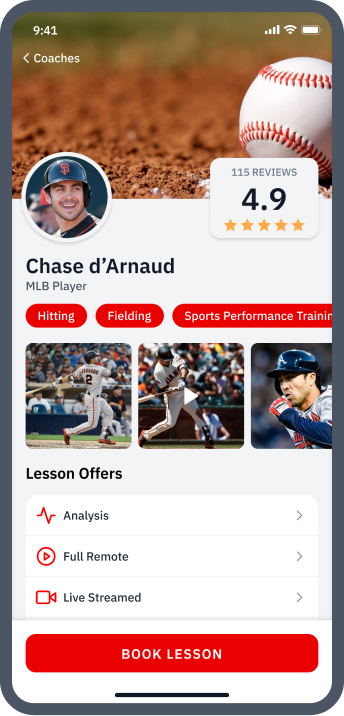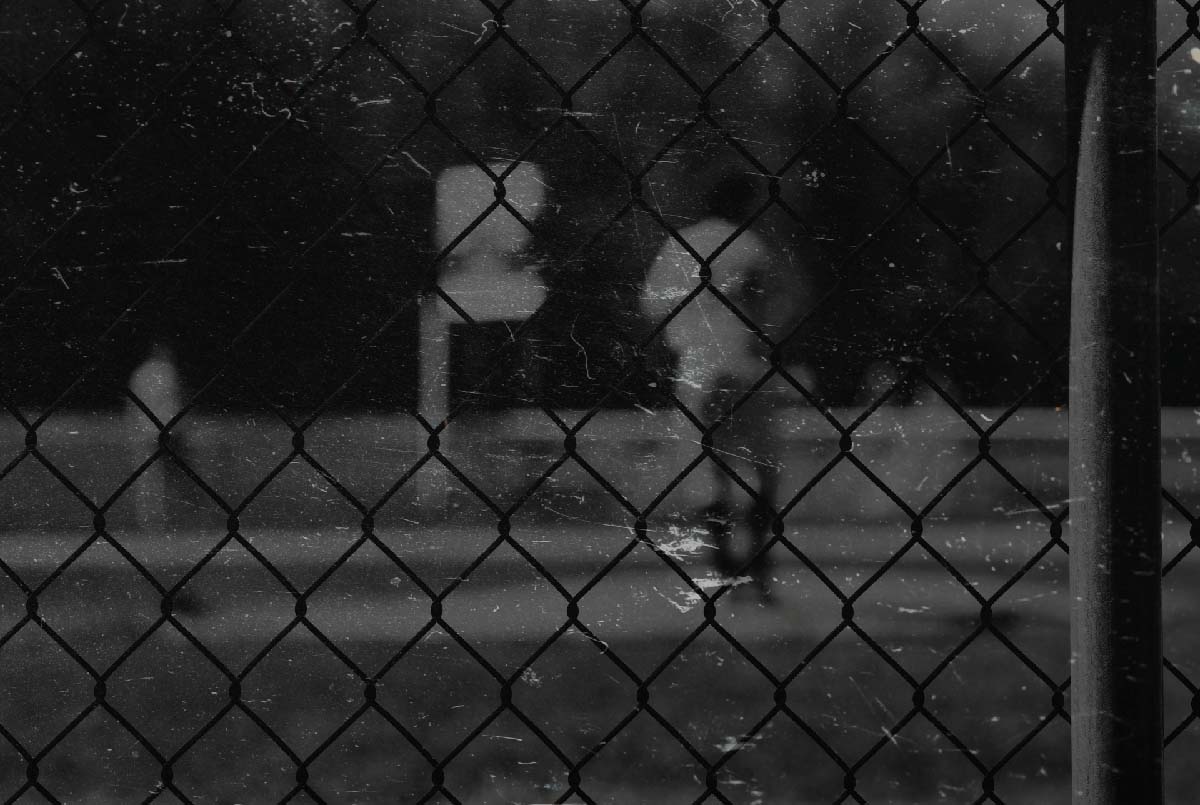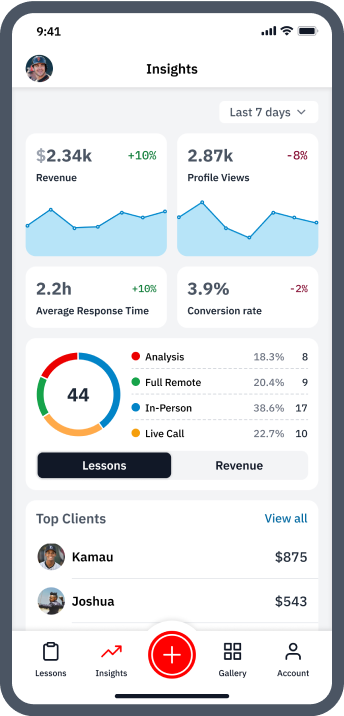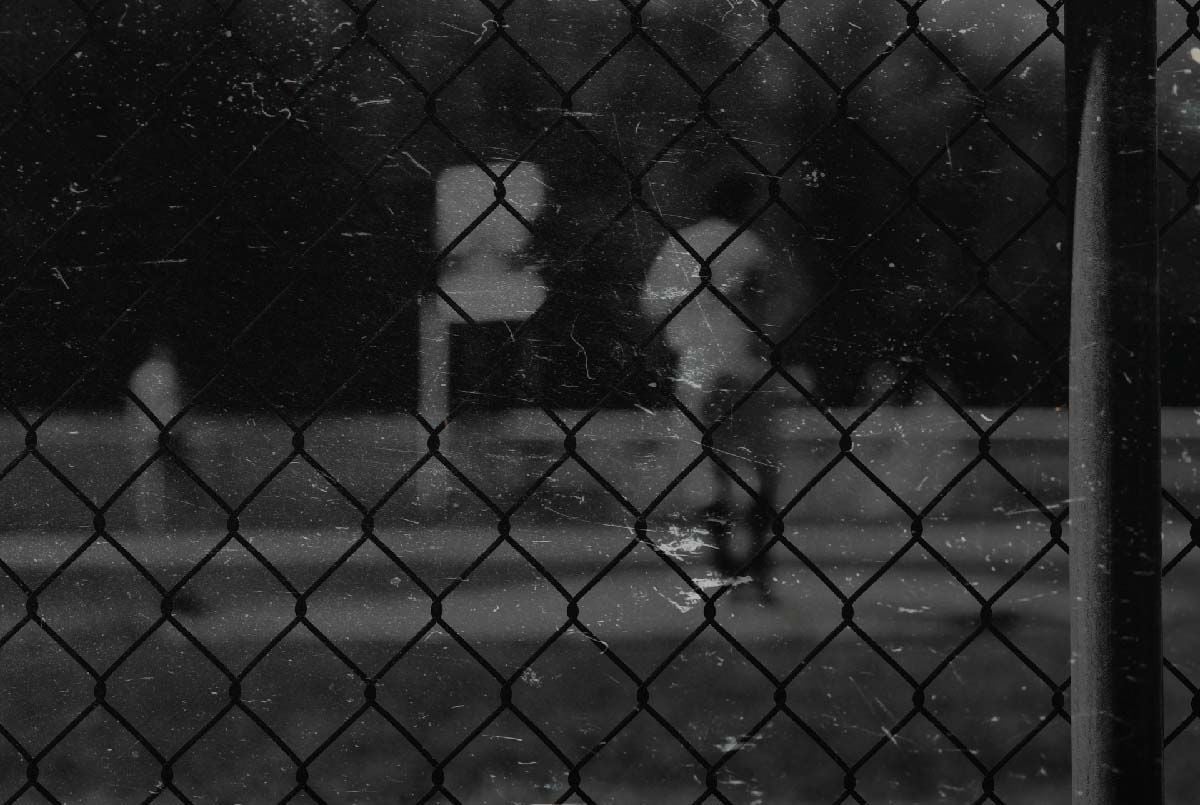Fixed vs. Growth: How Mindset Affects Ballplayers and Coaches

Every coach, when stopping to evaluate the psychology of their ballplayers, can break their team or lesson clients into two main groups:
The ones who put in just enough effort to be good versus those who put in the extra work on and off the field to be great.
These two camps of ballplayers have a fundamentally different mindset.
The player that puts in just enough effort often has what’s called a “fixed mindset,” and the player that always pushes themselves and others tends to have a “growth mindset.”
Baseball and softball players with fixed mindsets believe deep-down that they were born with their currently allotted ability and talent. Whereas players who have a growth mindset believe that their ability and talent can and will develop over time if they keep pushing.
It’s not just players who can have a certain mindset: coaches put their mindsets on display with their words and actions.
For example, even when coaching younger, developmental age groups, many coaches will favor naturally talented kids over the never-say-never workhorses when it comes down to playing time.
In my early career as a softball player, I was the player that would show up to practice and then go home. I would show up to games and then go home. I would only put in the exact effort required by my coaches.
Unfortunately for me, it wasn’t until I started playing in college that I realized that I needed to put in significantly more effort to keep my starting position.
I didn’t realize at the time that I had a fixed mindset. And looking back, I can’t help but imagine how things would have been different if I had discovered it even sooner.

What Does It Mean to Have a “Fixed” Mindset?
Carol Dweck is a Stanford psychologist who coined the term and published Mindset: The New Psychology of Success.
She describes fixed mindset people as “believing that their talents and abilities are simply fixed. They have a certain amount, and that’s that.”
This means they believe that they’re born with predetermined talents, intelligence, and creativity.

What Does It Mean to Have a “Growth” Mindset?
Dweck says, “People with a growth mindset think of talents and abilities as things they can develop–as potentials that come to fruition through effort, practice, and instruction.”
A growth mindset means that one wants to develop and meaningfully grow in their abilities. These types of people are the ones that love challenges, and they take constructive criticism and learn from it.
They are the players that are going to get to the field early for practice; they are going to ask for feedback on a technique; they are going to stay late when everyone else is dashing for their cars.
A growth mindset stokes a fire inside ballplayers fed higher and higher by each new learning.
They understand that being a great ballplayer takes passion and dedication and the ability to forgo appearances – it means openly targeting weaknesses as part of the daring process to be great.
In Dweck’s research, she found that having a growth mindset encourages a better attitude toward learning and practice, establishes a need for critique, provides the ability to handle adverse outcomes, and, over time, enhances the chance of a better performance outcome.

Where Did These Different Ballplayer Mindsets Come From?
Fixed mindsets and growth mindsets can be a direct extension of the way we praise a child. Dweck found that when teaching children, presence is more important than praise.
When you praise a child’s talents or intelligence, it pushes them into a more fixed mindset. It lets the child know that we value their abilities and talents based directly on their performance and outcomes.
With this in mind, that child is now thinking that they need to show what they are good at instead of trying something more challenging.
This type of praise encourages children to focus on their talents rather than realizing and working on their weaknesses and vulnerabilities.
Alternatively, when you praise a child for their effort, you push the child towards a growth mindset.
When offered to try a more challenging task, they become motivated instead of anxious to figure it out.
These mindsets are also demonstrated to us at an early age by those around us – eventually playing a considerable role in our behavior, personal and professional relationships, and the meaning of happiness.

In Dweck’s research, she found that “The view you adopt for yourself profoundly affects the way you lead your life. It can determine the person you want to be and whether you accomplish the things you value.”
As mentioned earlier, I was the ballplayer that had a fixed mindset. I wanted to look good and talented all the time.
I did not like people telling me I did something wrong, and I did not like showing my weaknesses. I would shut down and get upset and defensive when given feedback.
It pains me to admit, but that mentality made me feel that I didn’t need extra practice – that I was already good enough. Even when given constructive feedback, I felt like I didn’t need to work on it.
Sadly, it wasn’t until I started playing in college when I learned that I needed to have a growth mindset and change my ways.
I wanted to make sure that I kept my starting position after all. I wanted to play every inning of every game.
Even fierce competitors can have fixed mindsets.
To ensure that was the case, I went to practice early to get extra reps, and I stayed late to talk about what I did wrong and how I could fix my mistakes. I wanted to learn new skills and further tune those skills I already possessed.
A fire was growing inside me, and I wanted to challenge myself more than ever before.
Believing that your talents are something that you were born with – the fixed mindset – also puts a thought in the back of your mind that you need to prove to yourself over and over again.
Wanna grow your baseball or softball coaching brand?
Get connected to new local and online lesson clients—along with all the tools you need to scale.
Download the free app

A pitcher can have the ability to throw multiple pitches, but if she is good at throwing her curveball, then that’s the only pitch she is going to want to throw.
A pitcher who only throws her curveball will perfect that one pitch; she is not willing to work on the other pitches to make them just as great.
How did she get to the point where she could throw her curveball so well in the first place?
Practice, of course.
So if practice is how her curveball became so good, shouldn’t she want to practice all the other pitches?
Now, as a coach myself, I can tell which ballplayer has put in the extra time and which ballplayer has not – all coaches can.
I know which of my ballplayers will take my feedback and learn from it and which of my ballplayers will shut down from any input I give.
But us coaches do have a tremendous influence on a ballplayer’s way of thinking.
You have the chance to change their fixed mindset into one of personal growth and a new understanding of the game they love – so don’t give up on your hard cases.
I, myself, am the best example that it’s never too late to change mindsets.

Fixed Mindset Coaches
Ballplayers are not the only ones that can have a certain mindset – coaches can too.
When coaching staffs have a growth mindset, their job is to inspire and promote the development of talent. It is in this mindset, I believe that they will nurture a new generation full of Olympic athletes.
From personal experience, I learned that a fixed mindset severely limited my abilities as a player.
As a college softball player, I quickly learned that being open to criticism, putting in the extra effort, and focusing on my weaker qualities enabled me to become a better ballplayer and overall better person.
These qualities led me to become a coach with a growth mindset. This mindset helps me connect with my players better and encourages them to be open to growth and embrace their weaknesses to reach their full potentiality.
Now let’s all go out and cultivate the next generation of growth mindset ballplayers together.
If you would like to know more on the two types of mindsets here is a link for a short video to watch: Growth Mindset Introduction: What it is, How it Works, and Why it Matters
References:
Dweck, C. S. (2009). Mindsets: Developing Talent Through a Growth Mindset. Olympic Coach Magazine , 21(1), 4–7.
Popova, M. (2014). Fixed vs. Growth: The Two Basic Mindsets That Shape Our Lives. Brain Picking. Retrieved from https://www.brainpickings.org/2014/01/29/carol-dweck-mindset/

About the Author
Dr. Hannah Whitney, DC
Doctor of Chiropractic at Uptown Whittier Center
Dr. Hannah Whitney is a practitioner at Sunny Hills Chiropractic Center and Uptown Wellness Center. She was also a 4-year college softball player at Alderson Broaddus University.

